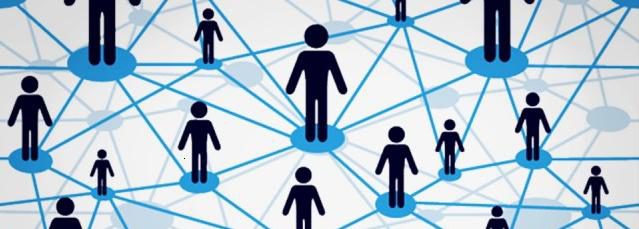Readers of the blog will know that we have long proposed that the “Future of Work” appears to have 4 emerging trends:
- Human Centric – Better organisation of human potential via collaboraion/co-operation/communication
- Offshoring – moving to lower and lower cost labour pools, in low wage countries
- Uberisation – using technology to organise low cost “gig economy” labour in-country
- Automation – replacing labour with electro-mechanical and increasingly digital equipment
We have written about this in more detail on this blog over here, and will also be talking about this in or conference on the 24th November in London. We have argued that the economics of the various options means the Human Cenric approach is most likely to occur in complex, non mass-produced work with high added value – too variable to automate or offshore, to valuable to leave to gig economy mechanical Turks.
As input to this discussion, today Paul Mason published an interesting article on what he called Postcapitalist ways of working. In essence he argues that IT is having 3 main impacts on work:
- Firstly, it dissolves the price mechanism. Information goods — if they can be copied and pasted infinitely, and used simultaneously without wear and tear — must fall in price under market conditions to a value close to zero. This is essentially the Automation issue at ts most broad case.
-
Secondly, IT automates work faster than new work can be invented. Around 47% of all jobs are susceptible to automation, say Frey and Osborne (2013). And information also makes it work modular, loosening the link between hours worked and wages; and it makes work possible to do outside the worplace — blurring the division between work and life.
Mason argues that the capitalist system copes with these twin shocks in two unfortunate ways:
a) to maximise capacity utilisation of low-skilled labour and of assets. So we get Uber, Deliveroo and AirBnB are effectively capacity utilisation businesses. [aka Uberisation and Offshoring]
b) to artificially inflate the price and profitability of labour inputs: so housing becomes the major thing wages are spent on — and healthcare and university education. [ie if labout cost is not a key input, make it pay its way in the broader capitalist system]. Things that in all previous eras of capitalism the elite desired to be as cheap as possible — to ease wage pressures — are now made as expensive as possible, and capital migrates away from production and from private-sector services towards public sector services.
He believes this, if taken to its logical endpoint, results in a form of Gig-Economy based neo-feudalism.
He believes what we call Human Centric way of working is the way out of this, his a third impact of info-tech. It has begun to create organisational and business models where collaboration is more important than price or value. As he notes:
Networked busieness models create massive positive externalities — network effects –where the data, or the wellbeing, or the utility created by network interactions is capturable and exploitable. But as soon as technology allowed it, we started to create organisations where the postitive effects of networked collaboration were not captured by the market.
Wikipedia is the obvious example; or Linux; or increasingly the platform co-operatives where peopel are using networks and apps to fight back against the rent-seeking business models of firms like Uber and Airbnb.
He believes that the examples set by enterprises such as Wikepedia, Linux etc create a model for the Future of Work, and this is the way out of the inevitable Automation/Uberisation trap and calls for the transition to a non-capitalist form of economy which unleashes all the suppressed potential of information technology, for productivity, wellbeing and culture, by:
- Moving as much as possible of human activity out of the market and state sectors into the collaborative sector; to produce more stuff for free.
- Networked living (even physical) he believes cities are the ideal environment as they are “the closest the analog world comes to a network”.
- Reduce the input costs to labour, so that we can survive on less wages and less work (this would need regulatory or other activity usch as mass house building to reduce prices)
- Pushing forward rapidly the de-linking of work and wages
In essence moving production out of the paid economy, and replacing wages with some form of wage for living. (His last point by the way is the same argument as that Minimum Wage exponents use, arguing it is necessary to handle the displacement period from the old ways of working to new ones without major strife).
